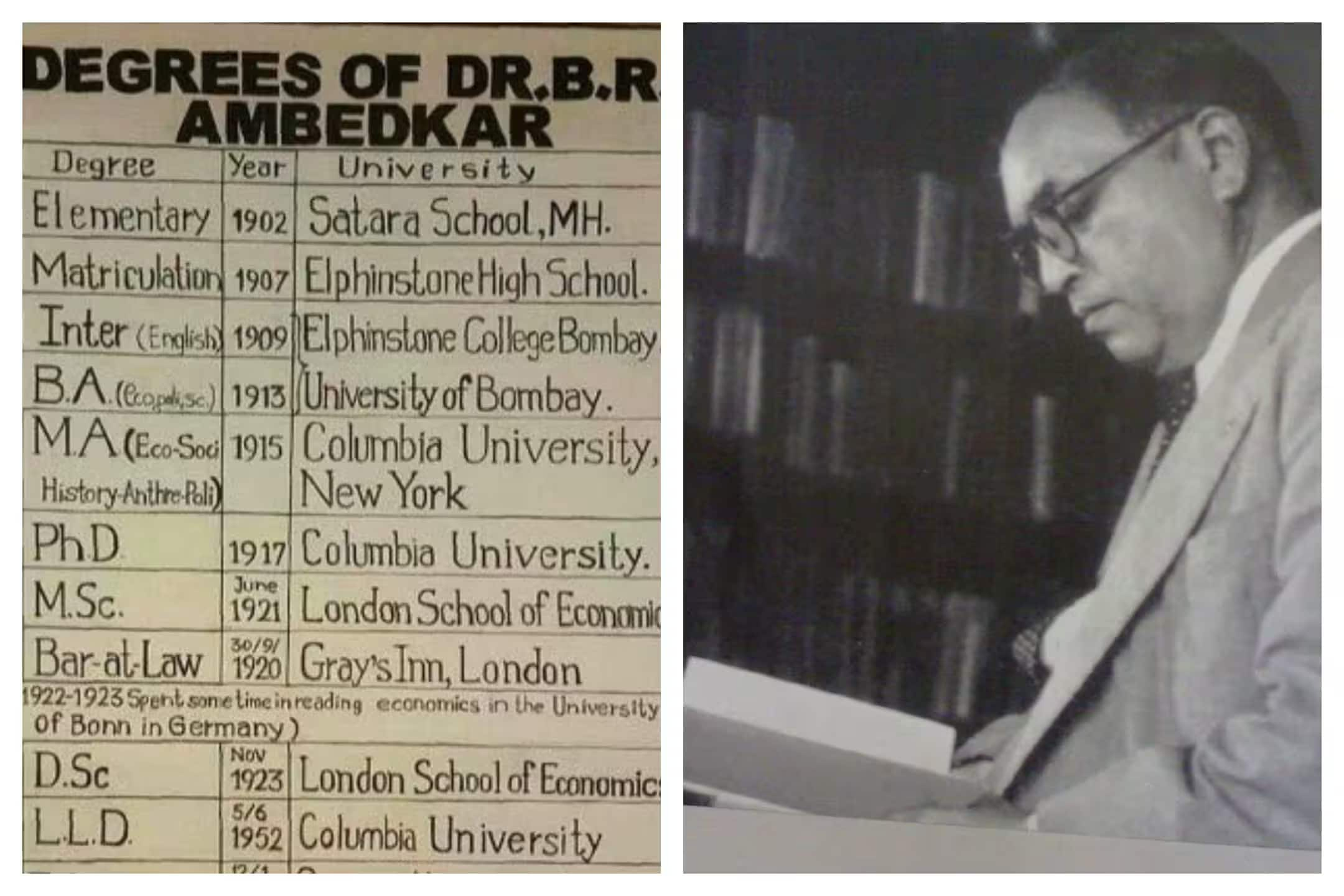
The 14th Amendment to the U.S. Constitution (1868) declares: “All persons born or naturalized in the United States, and subject to the jurisdiction thereof, are citizens of the United States and of the State wherein they reside.
” Many Americans interpret this language to mean that any child born on U.S. soil is automatically a citizen.

However, the critical phrase “subject to the jurisdiction thereof” deserves closer scrutiny. The framers aimed to ensure newly freed slaves and their descendants were recognized as full citizens — not to create universal birthright citizenship. Republican Sen.
Jacob Howard of Michigan, who introduced the citizenship clause, made this intention crystal clear during the debates in Congress. He stated: “This will not, of course, include persons born in the United States who are foreigners, aliens, who belong to the families of ambassadors or foreign ministers ..
.” Howard’s words underscore the framers’ understanding that birth within U.S.
borders alone was insufficient for citizenship, as "jurisdiction" excluded citizens of another nation, distinguishing between territorial jurisdiction — being subject to U.S. laws while present — and complete jurisdiction, which includes voting, jury duty, running for office and obtaining a passport.
Today’s broad interpretation of birthright citizenship has created significant legal and practical challenges. Critics argue it incentivizes illegal immigration and “birth tourism,” where foreign nationals travel to the U.S.
to give birth and secure citizenship for their child. This exploits a system meant to address historic injustices, not to grant advantages to transient individuals. For example, the Supreme Court case United States v.
Wong Kim Ark (1898) is often cited by advocates of universal birthright citizenship. In that case, the court ruled that a child born in the U.S.
to lawful, permanent residents was a citizen under the 14th Amendment. However, this precedent does not cover children of illegal immigrants, tourists, or temporary visitors. Millions of children born in the U.
S. to illegal immigrants access public benefits, placing significant strain on taxpayers and social systems. Furthermore, national security concerns arise when adversarial elites exploit birthright citizenship for their offspring, undermining U.
S. sovereignty..











